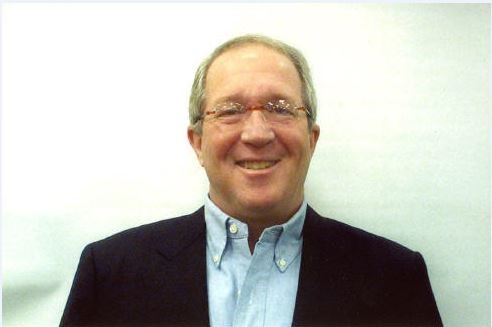Brian Effron is CEO of Healthcare Administrative Partners (HAP), a leading provider of healthcare revenue cycle and coding services. A longtime leader in the philanthropic community, Brian offers his feelings on corporate social responsibility (CSR), the importance of funding the arts and why he is excited for the future of Philadelphia.
Can you talk a bit about the state of CSR work right now in our area?
I think that Philadelphia has become the place to be – people want to live here, and companies want to be here. It’s been a cyclical process, but there is a tremendous amount of momentum and wind at our backs. To sustain this, we need to keep younger people engaged in living here. And that means focusing on how our CSR work impacts the community. For a society to thrive, you must support, nurture and grow the community. I hold a belief that the institutions in our area matter, and they make a difference in shaping the kind of community that we have. The arts matter, the creative economy matters, and collectively they help to keep Philadelphia vibrant.
Can you describe the dynamic of the for-profit/nonprofit relationship? What advice would you give to other CEOs who might want to increase their own involvement in CSR efforts?
I would tell other for-profit CEOs that the nonprofit world is a very warm, welcoming environment, full of committed, like-minded people who all want to improve the region that we live in. But here’s the thing – to get involved in that world requires more than just writing a check. You can’t be casual with your CSR commitment, which is what drew us to the multi-year commitment required by the Satell Institute. By committing to a nonprofit for a number of years, you’re really able to maximize your investment and make a difference.
You’re the President of the Board of Directors at the National Liberty Museum and sit on the boards of several other prominent nonprofits in Philadelphia. With those type of connections, why join the Satell Institute? What drew you to increasing/deepening your commitment to CSR?
I’ve known about the Satell Institute since it was first conceived, and have witnessed its roster of impressive members grow and evolve. We’re at a seminal moment for CSR work right now, and there has been tremendous enthusiasm building over the past five years. We were drawn to the Satell Institute because of their stellar reputation, but also because they are fully endowed, which is important. A lot of nonprofits can get bogged down with the (very necessary, but time-consuming) work of constant fundraising. Being fully-endowed allows us to free up time to focus on the issues.
Fundraising aside, what are some other challenges facing CSR efforts right now? And how can a CEO overcome these obstacles?
There’s a lot of competition now in CSR, with so many companies looking to give and so many deserving causes in need. But in order for the nonprofit/for-profit relationship to work, there needs to be the right fit. We need to establish more (and better) connection points with nonprofits so that those interested in helping can find more likeminded ventures. That’s what the Satell Institute is doing and why (even after just a few weeks of membership) we are so excited by the possibilities ahead.


